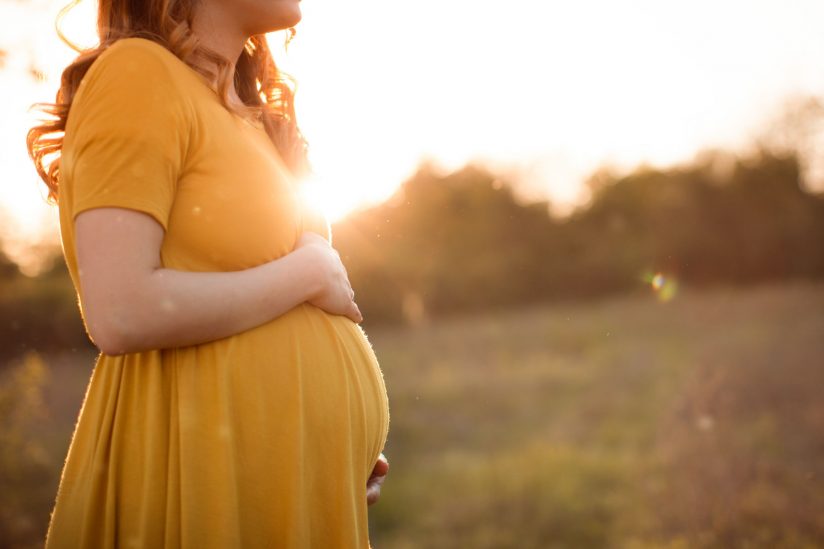
As well as a period of joy can be, pregnancy and postpartum are a period of maximum vulnerability for partners, in which the balance and previous dynamics of the couple change completely and in which many relationship and couple problems can occur.
The tumultuous, intense, perinatal period (pregnancy and the first months after the baby's birth) resembles adolescence as a degree of upset: mental, bodily, hormonal, relational, etc. The vast majority of mothers and fathers struggle with their emotions during pregnancy and after the arrival of the baby, absolutely natural phenomena in a period of mental and emotional transformations and adjustments. Both the woman's and the man's reaction to the birth of their own child is influenced by what each one felt in their childhood.

HOW DOES THE MOTHER FEEL?
The desire to have a child is perhaps the most natural, but at the same time complex desire for a woman. The fine fabric between conscious and unconscious, between present and past, expression of love between a man and a woman, this desire is in the unconscious. women long before the concrete project of having children. It can be difficult for some women to access maternity: either by creating physical blockages in the way of conception, or the ability to carry the pregnancy, or later by the difficulty of emotionally giving in to their own baby and feeling mother.
After the baby is born, most women experience: anxiety, excessive care, depression, sadness, helplessness, fear, guilt, sleep disorders (even when the baby is sleeping). The risk of experiencing emotional difficulties after giving birth to a child is higher than at any other time in a woman's life.
HOW DOES THE FATHER FEEL?
Even for the future father, things are not simpler: he has to face this great unknown which is the task, then to get used to the idea of being first of all the father and secondly son of his parents, to accept the idea of passing on plan two for his partner. From the father's desire for a child (when it exists…) to becoming a father, the road is winding, sown with many obstacles and blockages. Although it is less talked about, there is paternal depression during the pregnancy of the partner and immediately postpartum.
The experiences of fathers are far less intense or complex than those of their partners, so that during this period can occur a multitude of behaviors such as: refusal of pregnancy, escape from work, alcohol, extramarital affairs, running away from family origin, or others.

